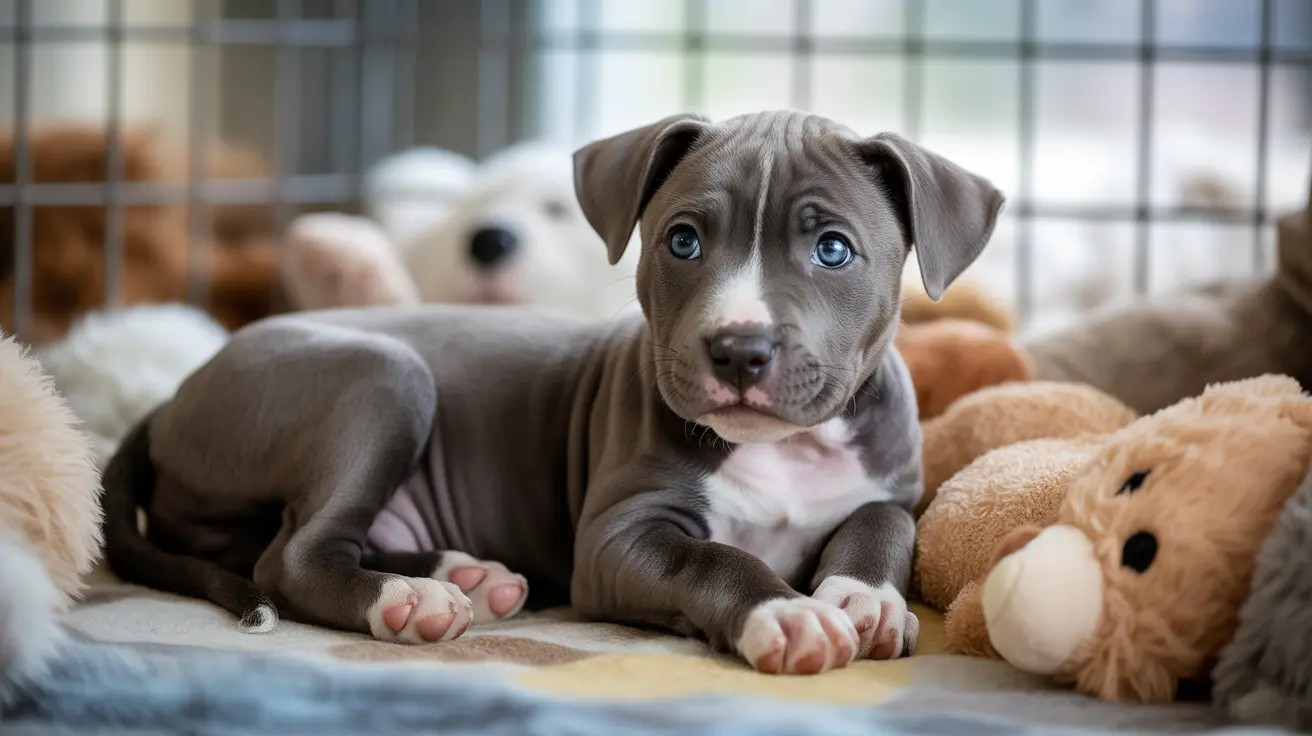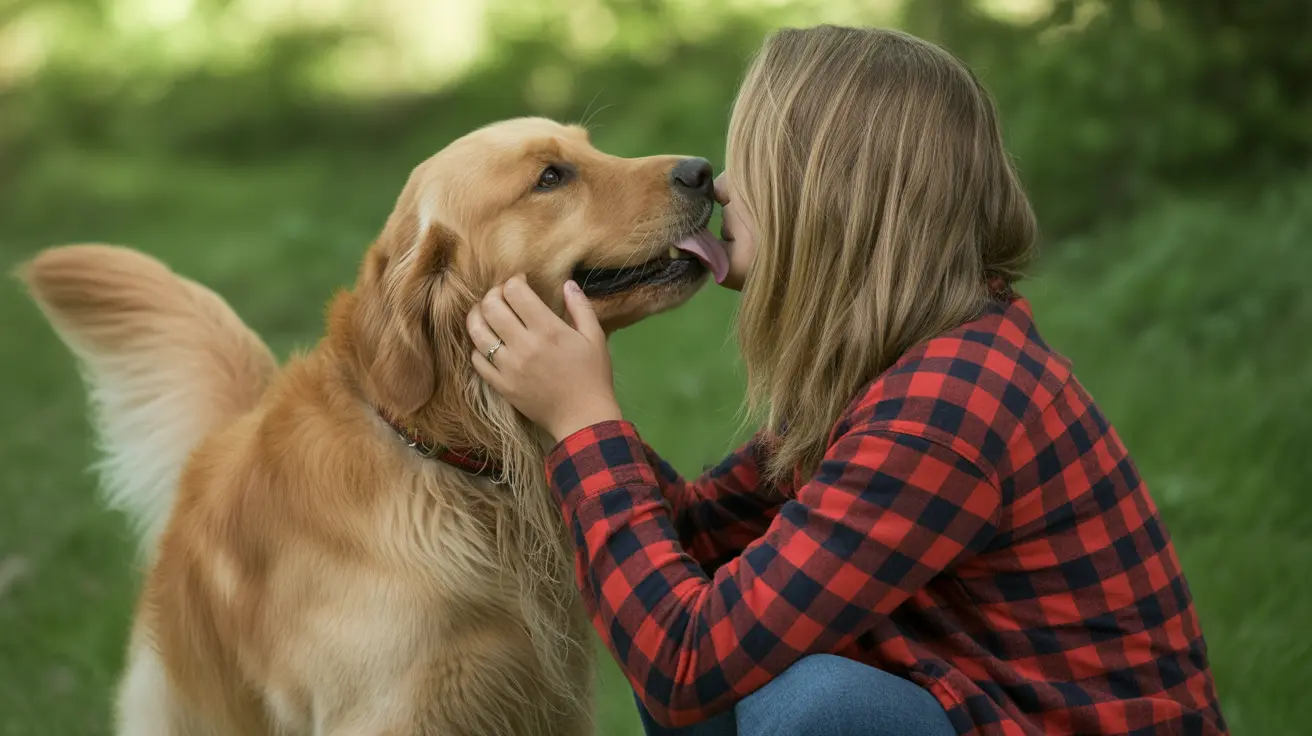Why Do Cats Make the 'Ekekek' Sound?
If you're a cat owner, chances are you've witnessed your feline companion sitting by a window, fixated on birds or squirrels, making a peculiar 'ekekek' or chattering noise. This behavior is endearing, odd, and completely natural. But what exactly causes this strange vocalization? Let's explore the reasons behind this unique feline quirk.
Understanding Cat Vocalizations
Cats communicate through a range of vocalizations, body language, and behavior. Alongside meows, purrs, and hisses, one of the less understood sounds is the 'ekekek' or 'chattering' noise.
This sound typically occurs when a cat is:
- Positioned at a window or screen
- Staring intently at birds or small prey animals
- Wagging or twitching its tail rapidly
These cues indicate that something is stirring your cat’s hunting instincts.
Theories Behind the 'Ekekek' Sound
Several theories explain why cats produce this specific sound:
- Predatory Excitement: One widely accepted view is that cats chatter out of sheer excitement or anticipation when they spot prey. Their natural hunting instincts kick in, and the sound is a physical manifestation of their drive to chase and capture.
- Frustration: Another common explanation is frustration or anxiety. When cats can see their prey but can’t reach it — for example, behind a window — they become agitated, and the chattering vocalizes their built-up energy.
- Instinctual Mimicry: Some animal behaviorists suggest that chattering is a form of mimicry. Cats may unconsciously mimic the calls of birds or rodents, potentially luring them closer and making the hunt easier. This theory is reinforced by the predator-prey vocal matching observed in wild feline species.
- Jaw Preparation: Some believe the rapid jaw movement associated with chattering helps 'limber up' the jaw for a quick, deadly bite, simulating the kill method cats use to sever the spinal cord of their prey.
Is the Behavior Concerning?
Great news for cat parents: the chattering sound is completely normal. It’s a healthy outlet for your cat’s natural instincts and is often heard in multi-sensory stimulating environments. However, if it's accompanied by signs of stress — like pacing, howling, or destructive behavior — it may be a sign your cat needs more enrichment.
How to Enrich Your Cat's Hunting Instincts
To help satisfy your cat’s natural hunting behavior, consider the following:
- Interactive Toys: Use feather wands or laser pointers to mimic hunting.
- Window Perches: Give your cat a safe vantage point to explore the outside visually.
- Bird Feeders: Put a bird feeder outside the window to provide a natural 'TV' experience.
- Hunting Games: Hide treats in puzzle toys or around the home for your cat to 'hunt.'
When to Seek Veterinary Advice
While chattering is harmless, contact your vet if you notice:
- Excessive or sudden vocalizations
- Drooling or difficulty eating
- Aggression following chattering episodes
- Loss of interest in surroundings
These could be signs of dental issues or stress that may benefit from professional attention.
Conclusion
The next time your cat makes the 'ekekek' sound, take a moment to appreciate their finely tuned instincts in action. Whether it’s excitement, frustration, or mimicry, it’s a fascinating part of what makes cats such intriguing companions. As long as it's done in healthy context, let the chattering continue — it means your feline friend is alert, engaged, and true to their wild roots.





